Fellow ’50 Books You Can’t Put Down’ member Greg Barron visits today. Greg very kindly dropped in while I was speaking in Kempsey last September while on the promo trail for Absolution Creek. It’s always a blessing to meet fellow authors especially when you get to swap novels. Today Greg shares one of his marvellous ‘research’ stories. While I rarely exceed the 600 word mark for guest bloggers you’ll see why an exception had to be made for ‘Needles and Donkeys’. And by the way, his novel, Rotten Gods is damn good!
“If youve been to coastal Africa youll know what a tout, or a beach boy is. If you havent, Ill introduce one to you. His name is Kani, and I met him during a research trip for my current book. Hes Kenyan, about twenty-five, dressed in jeans and a baseball shirt. He has a trimmed beard, one missing tooth; a belt with silver buckle. The setting is a waterfront strip in a coastal town on the Swahili coast, about forty kilometres south of the Somali border. Cats groom themselves in the shadows, or chew goat entrails from the butchers yard. Donkey teams carry blocks of coral and sacks of rice, their handlers hissing at you to get out of the way. Hundreds of fishing dhows are moored to the concrete pier.
Kani introduced himself, as touts do, by walking along with us, shaking my hand. Jambo, my friend, hello. Welcome to Lamu.
Jambo, I replied.
My name is Kani. What is yours? And the mama, what is her name? And the boys?
I made the introductions, still walking towards our destination, taking in the sights on the way. We walked on past the islands power generator, the engine drowning out any chance of conversation for the next fifty paces. The smell of diesel overcame that of open sewers and seaweed.
Are you walking to Shela Beach? Kani asked when the noise had abated.
Yes.
Let me take you there in my dhow. One thousand shillings. I am captain of my own dhow, a fine vessel that was made by my uncle.
Thank you, but wed like to walk.
The sun will burn your skin.
Were from Australia. The sun is hot there too. We like it.
We walked in silence as the dock ended, giving way to an embankment studded with old boat hulls rotting away in the sand.
Please, Kani said, let me tell you about my uncles hotel at Shela …
Is this the same uncle who built your boat?
Kani gave me a strange look. No, a different uncle.
OK.
You can have lunch there. I will come with you. You only have to look …
Sorry, but weve already had lunch.
Your son would like a donkey ride? My friend has many donkeys.
Sorry, but my son is afraid of donkeys. I smiled.
Did one bite him?
I patted my backside. It took a chunk out of his bum as big as a coconut. My son shot me a surprised glance. Being related to a writer of fiction takes some getting used to.
The tout stopped his patter, eyes wide. A coconut?
Yes.
We had entered the beginnings of Shela Beach, the villas back from the beachfront, and the hotels. On the other side of the channel, on Manda Island, were more villas, one of which was where the Frenchwoman Marie Dedieu was kidnapped by Somali pirates just two days earlier.
Kani changed tack. His voice grew shaky and he wiped his eyes dramatically. My new friend, my GOOD new friend, I have a sad thing to tell you.
What sad thing?
The sail on my dhow has bad damage. I need a needle and thread to fix it.
Thats not good. Can you borrow a needle?
A Swahili seaman is particular about his needles. They are easy to break or lose, so lending a needle is not usual.
Cant you buy a needle and thread?
Ah, yes. But my two-year-old little boy is very ill, and needs expensive medicine.
Im sorry to hear that, I said.
I do not have the money to buy a needle and thread.
Perhaps I can help you, I have a needle and thread in my luggage.
Kani waggles his finger, No, no, no. You cannot use an ordinary needle and thread. You need a special one.
Far ahead, I could see the open ocean, waves tipped with white surf. I stopped walking, aware that the tout had invested much of his afternoon in pursuing us.
How much is this needle and thread? I asked.
One thousand four hundred shillings.
About fifteen US dollars. Thats a lot of money for a needle.
You cannot buy just one special sail needle. You have to buy a whole kit.
When I get back, I said, Ill go to the souk with my housekeeper and buy you a needle kit. Give me your number, and well meet you. Everyone here carries antiquated mobile phones. Entrepreneurs buy container loads of old Nokias and Motorolas from developed countries and sell them for big profits in places like this.
The tout shook his head gravely. Tsk, tsk. You are very nice, but a housekeeper cannot be trusted to buy the correct needles. A pause. Perhaps, after all, I can buy just one needle and some thread.
How much is one needle?
Five hundred shillings …
My hand had scarcely slipped inside my pocket before Kani added, but I really need two needles, in case one breaks, and some thread, which is an extra one hundred shillings.
It was the humour beneath the acquisitive gleam in his eyes that convinced me to make his day.
I held out a twenty US dollar note. The look of pleased surprise on his face was worth every cent. Really?
Take it, you earned it. But next time I see you, I promise to ignore you.
Kani took the money, then clasped his palms in front of his chin, smiling broadly. Thank you, so much. Enjoy your time in Lamu … it is a very beautiful place.
Greg Barrons first novel, Rotten Gods, is published by HarperCollins and is in bookstores everywhere. (If its not, ask them WHY NOT?) Learn more about Greg and his book at http://www.gregbarron.com/ follow him on Facebook at www.facebook.com/gregbarronauthor or on twitter @gregorybarron
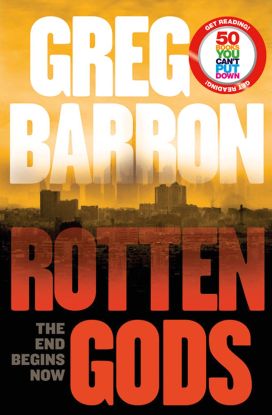

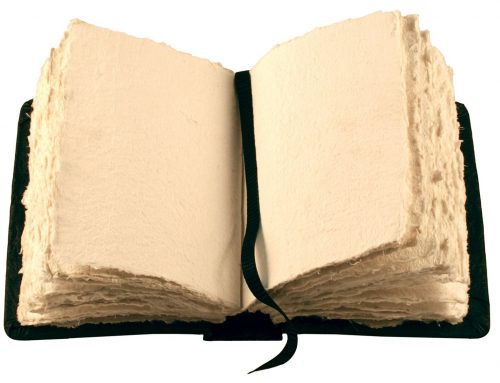
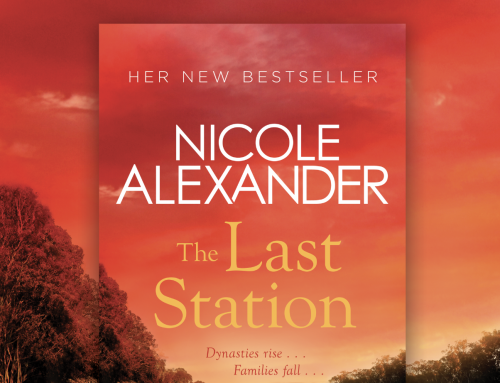

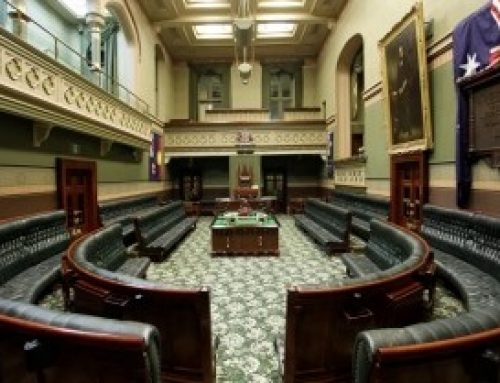
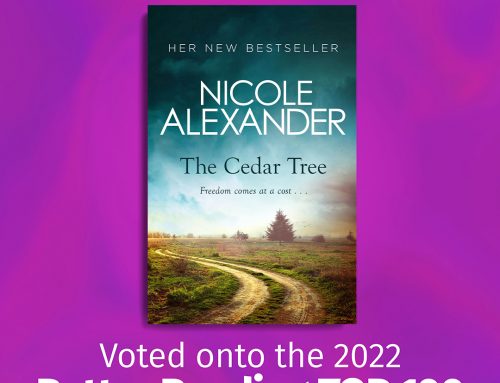
Leave A Comment